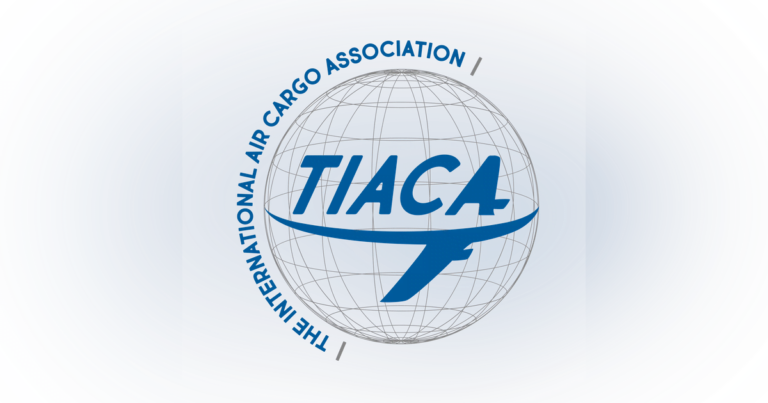The International Air Cargo Association (TIACA) has praised the immediate and collaborative responses demonstrated by the entire air cargo industry following the tragic events in southern Turkey and northern Syria, From the establishment of humanitarian air bridges to making staff and capacity available to international agencies and NGOs.
Delivering vital medical supplies, blankets, food and other lifesaving equipment is critical in effectively dealing with the aftermath of the earthquake and over 100 subsequent aftershocks. The impacted area extends to a diameter of over 500 kilometres with infrastructure such as roads and airports affected. With nighttime temperatures dropping to freezing levels the speed of aid delivered is crucial to support the communities dealing with such horrific loss of life, with tens of thousands dead or injured.
Read more: TIACA Appoints Eric Hartmann as Regional Representative – Latin America
Air cargo demonstrated once again it is on the front line of humanitarian response and TIACA wishes to acknowledge the great supporting efforts of the US Department of the Treasury’s Office of Foreign Assets Control (OFAC), which issued Syria General License (GL) 23, which authorises for 180 days all transactions related to earthquake relief that would be otherwise prohibited by the Syrian Sanctions Regulations (SySR).
The blanket General License authorises earthquake relief efforts so that those providing assistance can focus on what’s needed most: saving lives and rebuilding.
This will facilitate aid to flow much quicker to the affected area.
Read more: Larry Coyne and Olivier Bijaoui join the TIACA Hall of Fame at ACF
With this obstacle removed, TIACA has called upon the insurance markets to relax some of the stringent procedures and financial penalties in place when flying to Syria as a sanctioned state considered as a war zone.
Flights need to get as close as possible to where the aid is needed, therefore flying to Damascus or Aleppo is vital to support Syrian relief efforts but with current hull war risk premiums in place the financial impact is often too much for humanitarian agencies to bare.
TIACA has urged the insurance markets to follow the lead of the US Treasury department and remove the current penalty for a limited time period to support relief efforts.



